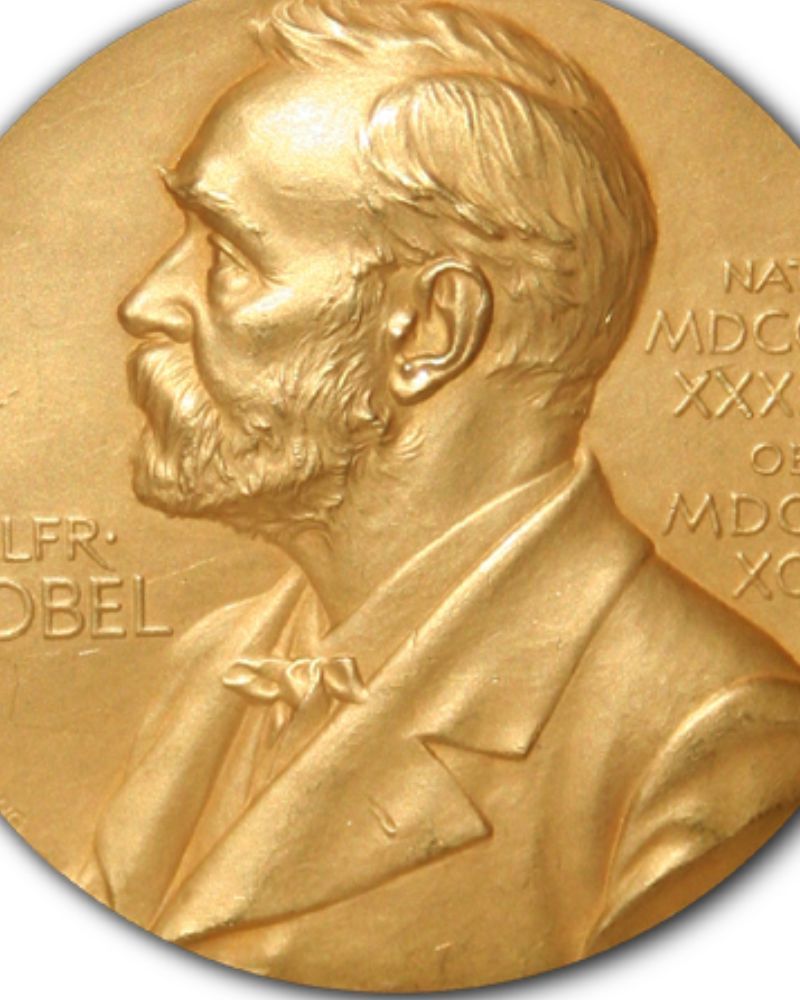The Nobel Prize: Honoring Excellence and Transforming the World

The Nobel Prize is one of the most prestigious awards in the world, recognizing outstanding contributions to science, literature, peace, and economics. Established in 1895 by Alfred Nobel, a Swedish inventor and philanthropist, the prize has celebrated groundbreaking achievements that have shaped human progress.
The Origin of the Nobel Prize
Alfred Nobel, best known for inventing dynamite, was a scientist, engineer, and businessman. Despite his success, he was troubled by the destructive potential of his inventions. When a newspaper mistakenly published his obituary, calling him “the merchant of death,” Nobel decided to leave behind a different legacy.
In his will, he dedicated his fortune to establishing the Nobel Prizes, stating that they should be awarded to individuals who “have conferred the greatest benefit to mankind.” The first prizes were awarded in 1901, and they continue to be given annually.
Categories of the Nobel Prize
The Nobel Prize is awarded in six categories:
- Physics – For groundbreaking discoveries that advance our understanding of the natural world (e.g., Albert Einstein for the photoelectric effect).
- Chemistry – Recognizing contributions to chemical research and innovation (e.g., Marie Curie for radioactivity).
- Medicine – Awarded for discoveries that improve human health (e.g., Alexander Fleming for penicillin).
- Literature – Honoring authors, poets, and playwrights for their impact on literature.
- Peace – Given to individuals or organizations that promote global harmony (e.g., Martin Luther King Jr. for civil rights activism).
- Economic Sciences – Established in 1968 by the Swedish central bank, this prize recognizes significant contributions to economic theories and policies.
The Nobel Prize Ceremony
Each year, Nobel Prizes are awarded on December 10, the anniversary of Alfred Nobel’s death. The ceremony takes place in Stockholm, Sweden, except for the Peace Prize, which is awarded in Oslo, Norway. Laureates receive:
- A gold medal
- A diploma
- A cash prize (which varies annually)
The award is presented by the Swedish Academy, the Royal Swedish Academy of Sciences, the Nobel Assembly at the Karolinska Institute, and the Norwegian Nobel Committee.
Impact of the Nobel Prize
1. Encouraging Innovation and Scientific Progress
The Nobel Prize motivates scientists, writers, and peace advocates to pursue excellence and push the boundaries of knowledge. Many Nobel-winning discoveries, such as penicillin, X-rays, and quantum mechanics, have revolutionized society.
2. Promoting Peace and Diplomacy
The Nobel Peace Prize has recognized influential leaders like Nelson Mandela and Malala Yousafzai, highlighting the importance of peace efforts and human rights.
3. Inspiring Future Generations
By honoring great minds, the Nobel Prize inspires young scientists, authors, and activists to contribute to global progress.
The Nobel Prize remains a symbol of intellectual achievement and humanitarian impact. Over a century after its inception, it continues to celebrate individuals whose work betters humanity, proving that knowledge, creativity, and perseverance can change the world.